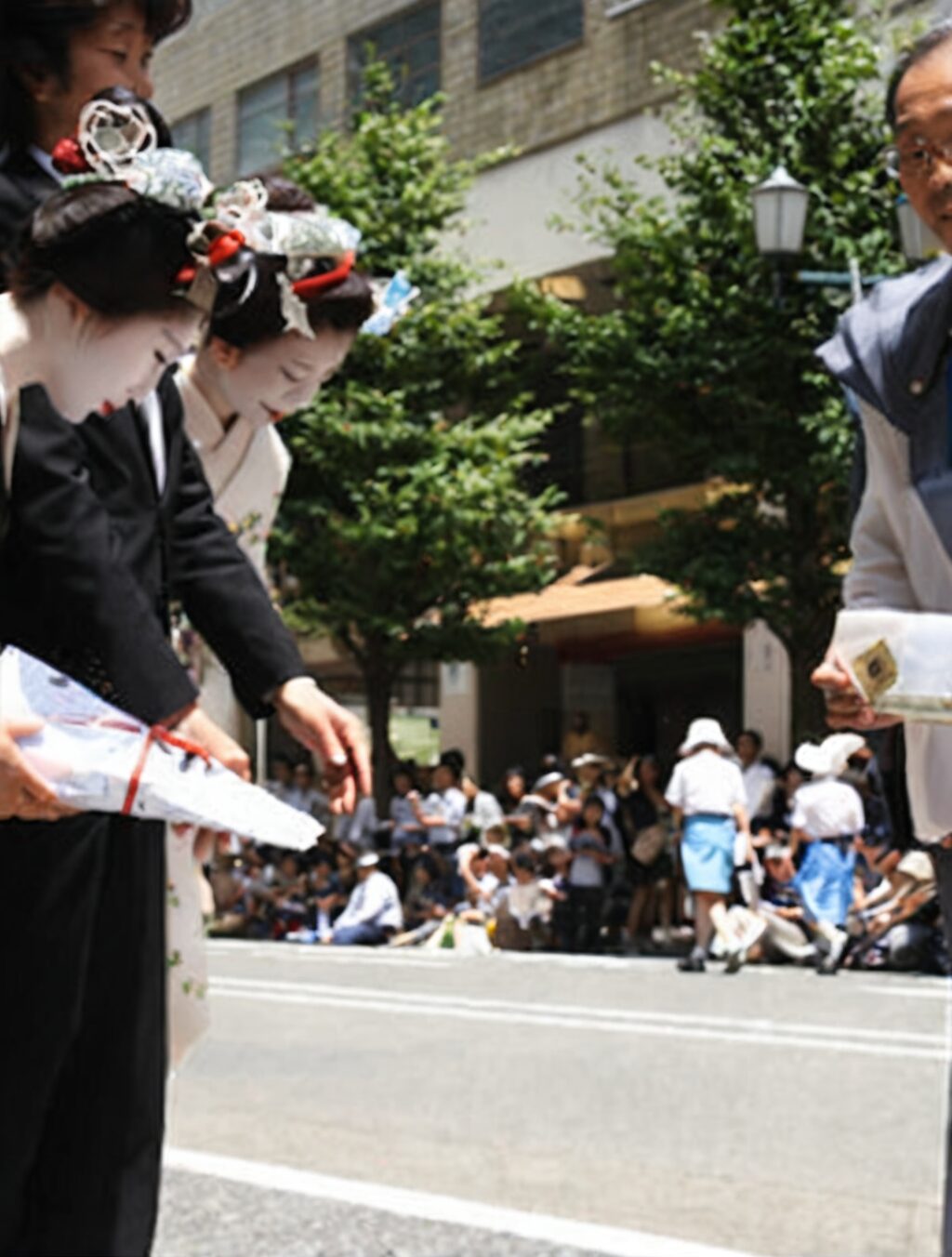Gift-Giving in Japan: Cash, Connections, and Cosmologies
Gift-giving in Japan is a complex and multifaceted practice that is deeply rooted in the country’s social and cultural norms. Giving gifts is seen as a way to express gratitude, show respect, and strengthen relationships. However, there are also a number of unspoken rules and customs that govern the practice of gift-giving in Japan.
Win a Free Trip to Japan!
Experience cherry blossoms and ancient temples
One of the most important things to keep in mind when giving a gift in Japan is the concept of giri. Giri is a sense of obligation or indebtedness that is felt by both the giver and the recipient of a gift. When you give a gift to someone, you are creating a giri relationship with them. This means that they are now obligated to return the favor in some way. The value of the gift is not as important as the thoughtfulness behind it.
Another important consideration when giving a gift in Japan is the recipient’s social status. Gifts should be given in a way that respects the recipient’s position in society. For example, it is considered失礼(失礼,失礼,失礼,失礼) to give a gift to someone who is of a higher social status than you. It is also important to avoid giving gifts that are too personal or intimate.
The type of gift that you give will also depend on the occasion. For example, it is customary to give a gift of food or drink when visiting someone’s home. When attending a wedding, it is customary to give a gift of money.
Gift-giving in Japan is a complex and nuanced practice. By understanding the cultural norms and customs that govern this practice, you can ensure that your gifts are well-received and appreciated.
FAQs
- What is the most important thing to keep in mind when giving a gift in Japan?
- What is giri?
- What should you avoid doing when giving a gift to someone of a higher social status than you?
- What type of gift is it customary to give when visiting someone’s home?
Conclusion
Gift-giving in Japan is a way to express gratitude, show respect, and strengthen relationships. By understanding the cultural norms and customs that govern this practice, you can ensure that your gifts are well-received and appreciated.
